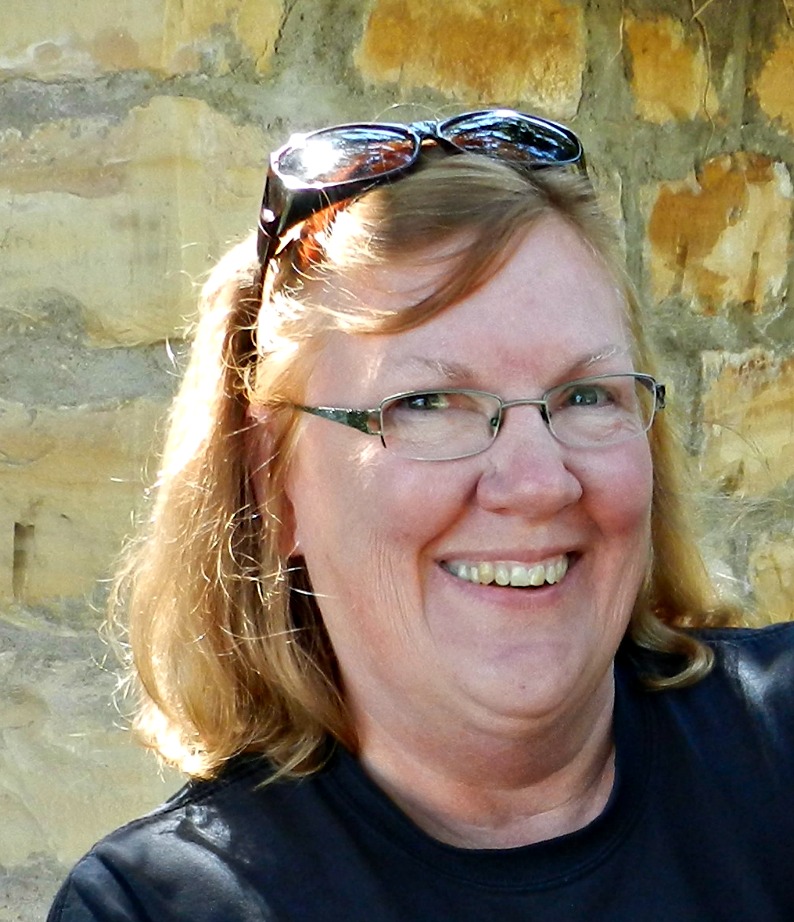
The curator was glad to receive two pictures of early Ford and one of a uniformed policeman wearing spats and standing by his K-9, a Rin Tin Tin double. She soon posted them online. I embarrassed to see my paragraph detailing the relationships resulting in my having the documents included. I hadn’t meant to share that with the history-loving world, but I see why it’s important to maintain a chain of evidence, so to speak.
In short time, viewers responded to the photos. One even recognized that the old family boarding house is still in Ford, now functioning as a home on main street. Unfortunately, the accompanying livery stable once located behind this business is now gone. The highlight was a response from a fellow history buff who had tickets and warrants my Great Grandfather had signed. I was especially excited when she said she’d share her treasures.
Considering that I never look forward to receiving speeding or parking tickets, I laughed at my quick response, “I’d love to see them!” Then my mind took several bunny trails. Did this person have a relative inclined to break the law and run into my ancestor? Did she, like a friend in Ellis, inherit boxes filled with ancient documents from the early days of settlement? I haven’t inquired yet, but there’s still time.
Keep in mind, this grandpa was dead and buried in the Dodge Cemetery long before I was a sparkle in my mother’s eye. Despite that, stories his son, my grandpa, told wide-eyed grandchildren riding in his Mercury’s back seat on Sunday drives to Jetmore brought this early law enforcement officer and his era to life. I still hear Grandpa pointing out a washout where his dad once arrested bank robbers. I get lost while examining sepia-toned photos that relay snippets of the life he shared with his first wife, my great grandma.
While it was a thrill to think about receiving those old tickets and warrants my long dead police officer relative signed, I admit it’s a better idea for them to be included in the Ford County Historical Society Archives. The administrators responded as quickly as I did to the individual offering to share them. Now that I know where they are, I can either ask for copies or stop by to visit.
On that note, I encourage you to copy and share family documents with local historical organizations. Who knows when a researcher will discover the connecting piece that fills a hole in their ancestral jigsaw?
Native Kansan Karen Madorin is a local writer and retired teacher who loves sharing stories about places, people, critters, plants, food, and history of the High Plains.
